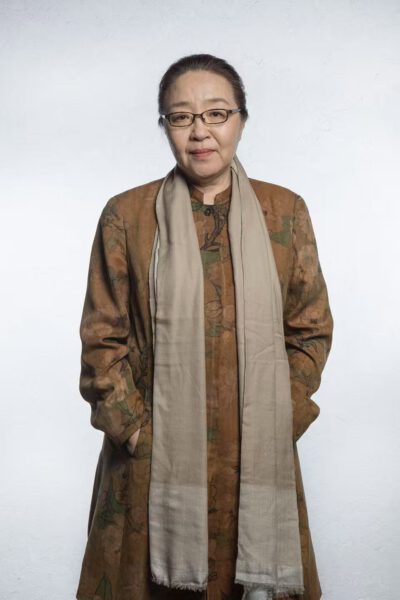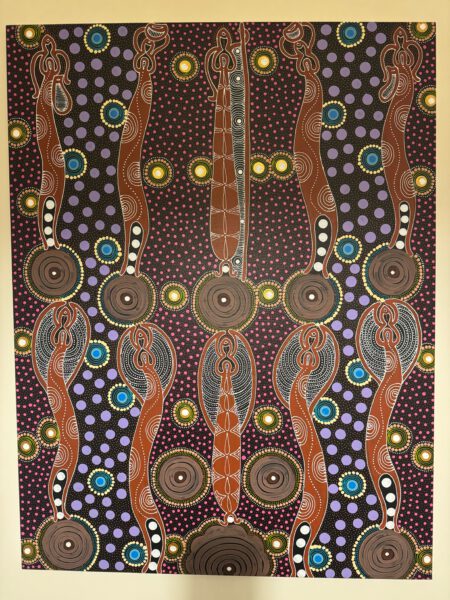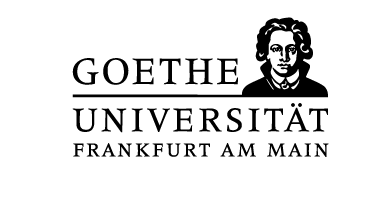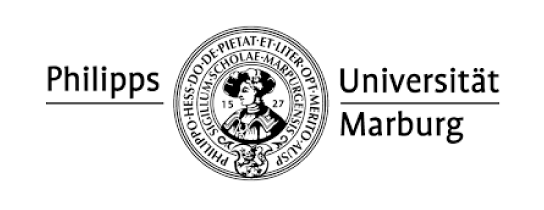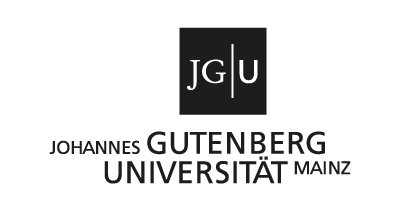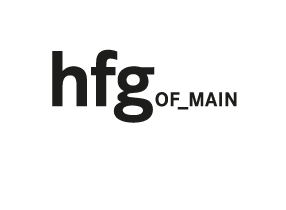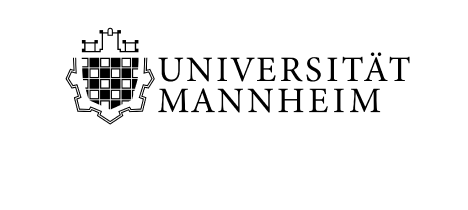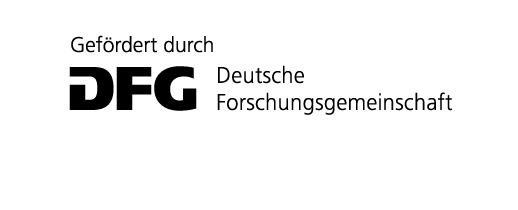Pooja Rangan’s talk examines the moral, legal, and political contradictions embedded in contemporary documentary practices of “access.” Sparked by a recent scandal in which an Afghan informant featured in a U.S. war documentary was allegedly identified and killed after the film circulated online, she explores how access has come to function as both a powerful cinematic currency and a site of ethical compromise. Tracing access from its current entanglement with risk management, liability, and spectacle back to Titicut Follies (1967), Pooja wagers that access is documentary’s carceral aporia: an impasse where liberal appeals to transparency and reform are premised on the continued existence of spaces of unfreedom. Her analysis reframes access not as a brave demand for accountability but as an accessory of carceral power—one shaped by contracts with its deputies and an economy that rewards proximity to danger while externalizing its costs.
Drawing on abolitionist and disability justice frameworks, Pooja spotlights two projects – one by Rahsaan Thomas, a formerly incarcerated filmmaker, and another by Jordan Lord – that reimagine documentary access not as privileged entry into zones of harm, but as a collective process rooted in care, interdependence, and solidarity. These projects suggest that a different future for documentary is possible—one where access is defined not by what the camera can extract, but by how people come together to share risk and remake the terms of visibility on liberatory grounds.
Pooja Rangan, PhD. is a professor of English in Film and Media Studies at Amherst College in Massachusetts.
Dr. Rangan recently delivered the 2023 Kracauer Lecture in Film and Media Theory, titled “Listening Like an Abolitionist: Forensic Claims and Forums of Care.” In May-June 2022 she was a Research Fellow at the ConTrust research programme and gave the lecture “Listening in Crip Time: Toward New Forms of Documentary Trust.”
Dr. Rangan’s research – awarded the René Wellek Best Book Prize and the Harry Levin First Book Prize from the American Comparative Literature Association – revolves around the humanitarian preoccupations of contemporary documentary cultures, as they intersect with questions of voice, listening, carcerality, and disability. Her forthcoming book The Documentary Audit: Listening and the Politics of Accountability (Columbia University Press, 2025) troubles the association of listening in documentary discourse with justice, asking how common documentary conventions and industry practices have, under the mantle of accountability, provided a moral cover for listening habits that profile, exclude, and incarcerate.
At present, Dr. Rangan is at work on a new co-authored book with filmmaker and scholar Brett Story that examines the prison as the insidious logic underwriting the narrative codes and values that govern much of documentary meaning and circulation. Tentatively titled “Captive Cinema,” the book charts the production of “carceral common sense” within the field of documentary image-making whilst advancing, as an alternative, an abolitionist vision for future nonfiction film.
Dr. Rangan’s previous publications include Immediations: The Humanitarian Impulse in Documentary (Duke University Press, 2017), a book examining the ethic of “giving voice to the voiceless” in participatory documentary interventions, and the co-edited anthology Thinking with an Accent: Toward a New Object, Method, and Practice (University of California Press, 2023), which theorizes “accent” as an embodied practice and interdisciplinary method of reading and listening. Her writing on topics such as forensic listening, disability aesthetics, and true crime have been published in journals such as Discourse, Feminist Media Histories, Film Quarterly, and World Records.
Along with Jane Gaines, Michael Renov, and Faye Ginsburg, Dr. Rangan is series editor of the Investigating Visible Evidence book series at Columbia University Press. She also previously served as Board President for the documentary arts organization The Flaherty.

